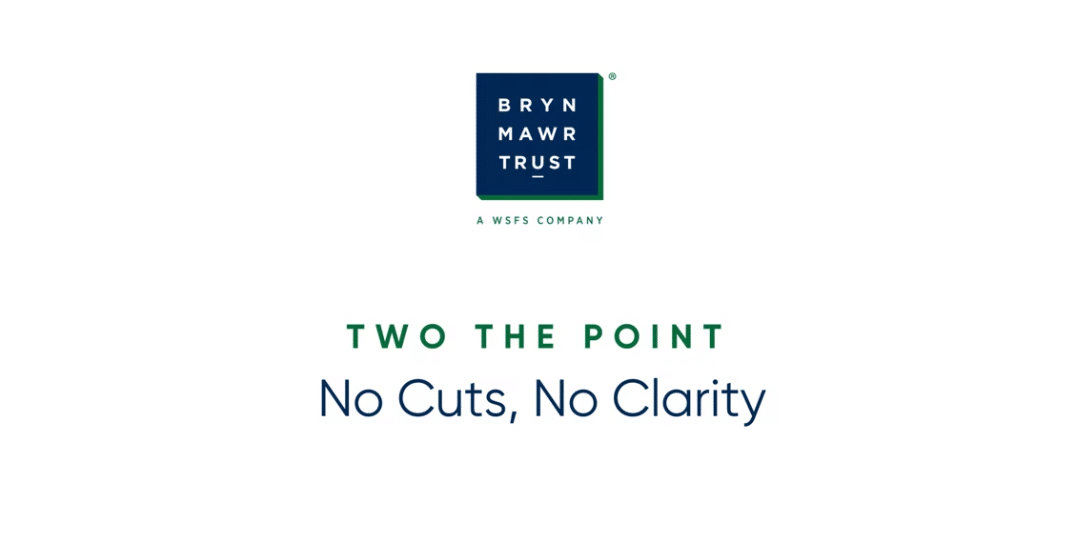Unlocking the Digital Vault: A Guide to Digital Estate Planning for Small Business Owners

In the digital age, our lives and businesses are intricately woven into the fabric of the online world. From financial transactions to client communications, much of our business activity now takes place in the digital realm. Yet, many small business owners overlook a crucial aspect of estate planning: the digital estate.
Anne Rhodes, Chief Legal Officer at Wealth.com, emphasizes the transformative power of digital estate planning: “Digital estate planning is revolutionizing an antiquated, and very manual process. What could have taken weeks, and potentially thousands of dollars, can now be done in as little as an hour.”
Rather than enduring a lengthy back and forth with a lawyer, digital platforms empower individuals, regardless of their tech-savviness, to create customized estate planning documents quickly and efficiently.
Tracking Passwords and Access
In the digital landscape, passwords are the keys to the kingdom. Yet, many small business owners fail to keep track of their myriad passwords, leading to potential complications during estate settlement. Make a comprehensive list of all your online accounts, including email, banking, social media, and business management platforms, along with their respective passwords. Consider using a password manager to store this information securely.
“At Bryn Mawr Trust, we use financial software to help our clients store all of their estate planning documents along with their entire financial picture whether or not their assets are with us,” shared Tennie James, Senior Wealth Advisor. “Many of us started in an era when only one spouse was aware of their financial situation. Describing this software feature to married couples offers reassurance, as it consolidates all crucial information into one convenient location accessible through a simple sign-on.”
Not only do you need to safely track passwords to pass to your loved ones or business partners if you were to die or become incapacitated, but you also need to track the location of these assets. A key to a treasure chest without a map is not useful. Create a digital map of your digital assets to help protect and manage them.
RUFADAA Provisions and Document Updates
Up until just a few years ago, there was not a lot of legal guidance on how to deal with these assets. However, most states have passed a version of the Revised Uniform Fiduciary Access to Digital Assets Act (RUFADAA), which helps govern access to digital assets by fiduciaries in the event of incapacity or death. Ensure your estate planning documents, such as wills, trusts and powers of attorney explicitly address RUFADAA provisions. Designate a trusted individual to manage your digital assets and provide them with the necessary legal authority to access and manage these assets on your behalf.
Generally speaking, digital asset ownership is first governed by the terms of service agreement in place when you set up the account. Access to these assets post-death can be impacted by using an online digital estate tool and your estate documents. However, if you do not update these documents you will likely cut off access to a lot of your digital assets upon your death, leaving a permanent mess for your heirs.
Granting Access to Fiduciaries
Designate fiduciaries, such as executors or trustees, and ensure they have access to your digital accounts. This may involve providing them with usernames, passwords, and any additional authentication methods required to access these accounts. Keep this information updated and securely stored, and communicate your wishes regarding the management of these assets to your designated fiduciaries. Make sure these fiduciaries also know what to do with your digital assets – they could preserve, destroy, or transfer them.
Correct Titling of Accounts
Ensure that all your digital accounts are correctly titled in the name of your business entity. This is crucial for clarity and legal compliance, especially in the event of business succession or transfer of ownership. Review the ownership details of all your digital accounts and make any necessary updates to ensure they are properly titled in the company’s name.
Avoid Single Points of Failure
Guard against single points of failure by diversifying access to your digital assets. Avoid relying solely on a single individual to manage or access critical accounts. Instead, designate multiple trusted individuals and establish clear protocols for accessing and managing these assets in your absence. For instance, if one person in your company has the only access point to your website and online bill pay, what happens if they pass away?
Understand Contract Provisions
Review the terms of service and user agreements for your digital accounts carefully. Many digital service providers have specific provisions regarding the transfer or management of accounts in the event of incapacity or death. Ensure you understand these provisions and take the necessary steps to comply with them or make alternative arrangements as needed.
Anne Rhodes further highlights the advantages of digital solutions for estate planning: “Historically, even making minor updates to existing estate planning documents could take time and be costly… A digital solution not only allows you to make necessary updates in just a few clicks, it can also help you be more proactive about doing so.”
Digital estate planning is a critical aspect of overall estate planning for small business owners in the digital age. By proactively addressing issues such as password management, RUFADAA compliance, fiduciary access, account titling, redundancy planning, and contract provisions, you can ensure the seamless transition of your digital assets and protect the interests of your business and loved ones.
Consult with legal and financial professionals experienced in digital estate planning to develop a comprehensive plan tailored to your specific needs and circumstances. By unlocking the digital vault today, you can safeguard the legacy of your business for tomorrow and beyond.
© 2024 WSFS Bank.
WSFS Bank d/b/a Bryn Mawr Trust Member FDIC.
Bryn Mawr Trust is a division of WSFS Bank.
Bryn Mawr Capital Management, LLC. is an SEC registered investment adviser and a subsidiary of WSFS Financial Corporation. Registration as an investment adviser does not imply a certain level of skill or training.
WSFS Financial and its affiliates, subsidiaries and vendors do not provide legal, tax or accounting advice. Please consult your legal, tax or accounting advisors to determine how this information may apply to your own situation. This communication is for informational purposes only and should not be construed as legal, tax or financial advice or a recommendation any specific product, service, security or sector. Information has been collected from sources believed to be reliable but has not been verified for accuracy.
INVESTMENTS: NOT A DEPOSIT. NOT FDIC – INSURED. NOT INSURED BY ANY FEDERAL GOVERNMENT AGENCY. NOT GUARANTEED BY THE BANK. MAY GO DOWN IN VALUE.



